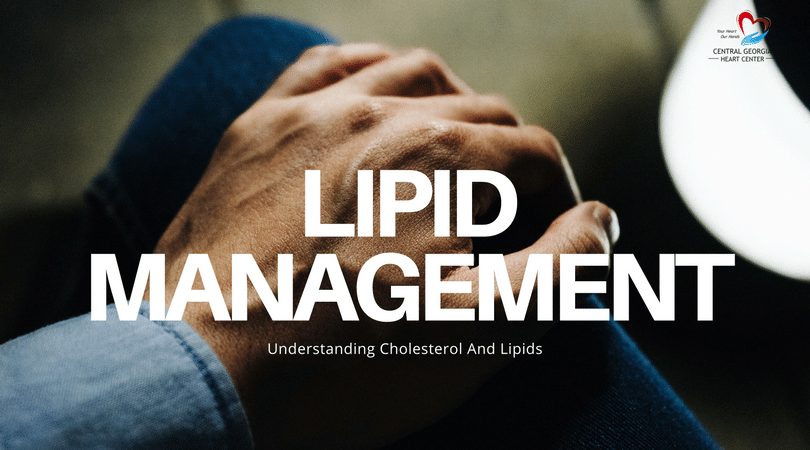What Is A Lipid Panel and How Often Should I Get It?
Lipids are the LDL (low-density lipoprotein) cholesterol and HDL (high-density lipoprotein) cholesterol in your body. Too much of these lipids, or cholesterol, can result in hyperlipidemia which is often caused by obesity or poor diet. A Lipid Panel is a blood test that checks for the cholesterol levels in your body. Most cardiologists reccomend that everyone ages 20 to 79 be checked a minimum of every 4-6 years to see the levels of lipids. This helps doctors determine your potential risk of a heart attack or stroke.
What Is a Normal Cholesterol Level?

LDL that is equal to or less than 189 mg/dL, it is best to lower this by 30% to 50% depending on what other risk factors you have that can affect the health of your cardiovascular system. HDL cholesterol: High risk: Less than 40 mg/dL.
Top Food To Improve Your Lipids
Your diet can make a huge difference in your cholesterol levels. By following a healthy, whole food diet, you can reduce your bad cholesterol and boost your good cholesterol. Controlling your lipids levels can prevent heart disease, stroke, and heart attacks. Here are some foods that are great for cholesterol:
- High fiber foods like oatmeal and bran cereal
- Whole grains like brown rice and spelt bread
- Fresh Fruit and Vegetables like Avocados
- Omega 3 Rich Foods like Salmon
- Nuts like Walnuts and Almonds
Foods to avoid:
- Heavily processed, boxed food
- Microwave Dinners
- Fast Food
- Red Meat
- High Fructose Corn Syrup
Other Treatment Options For Lipids
If your lipid panel shows unhealthy lipid levels, your doctor may prescribe a few lifestyle changes alongside medication. One of the most important things you can do is quit smoking or using tobacco products including e-cigarettes. Your cardiologist will also recommend exercise and dietary changes.





